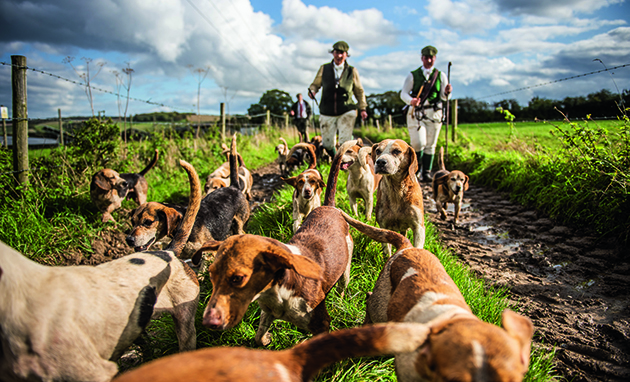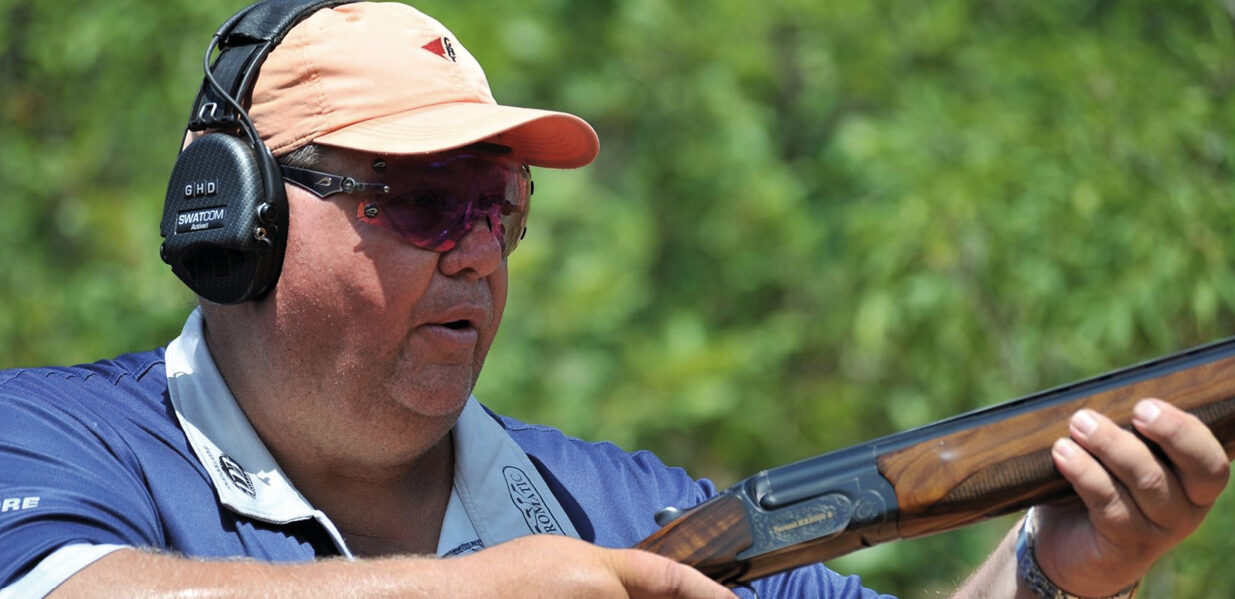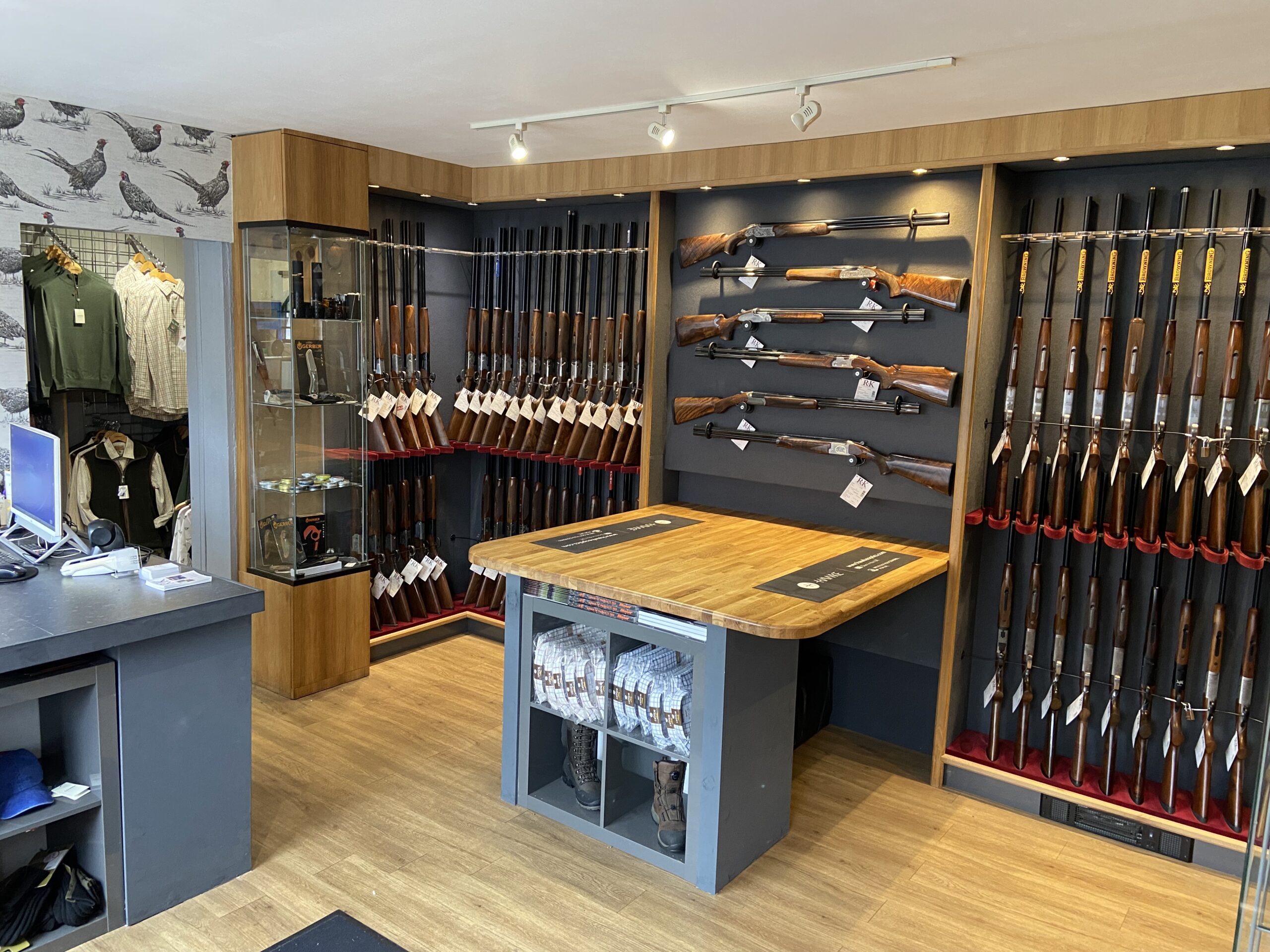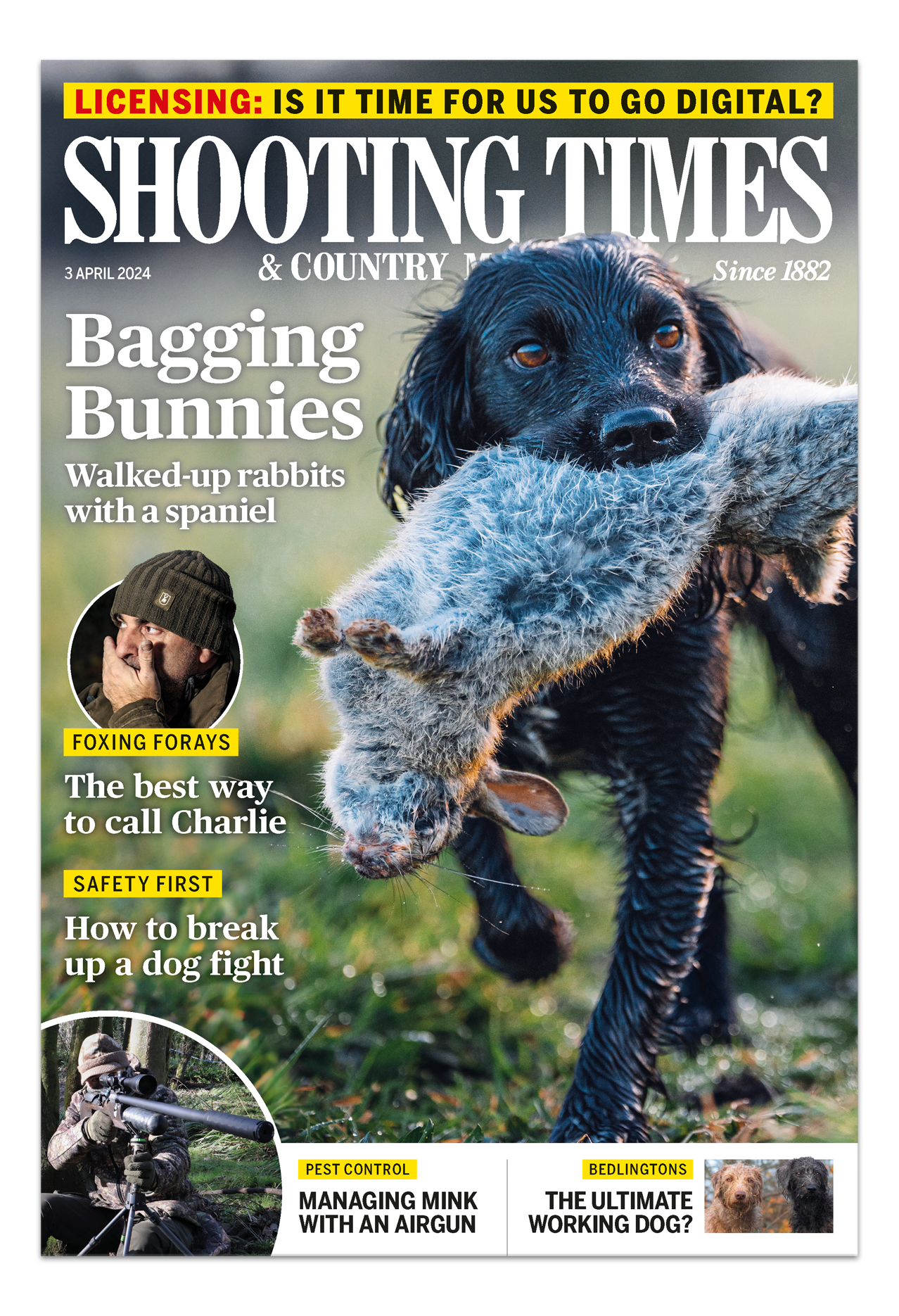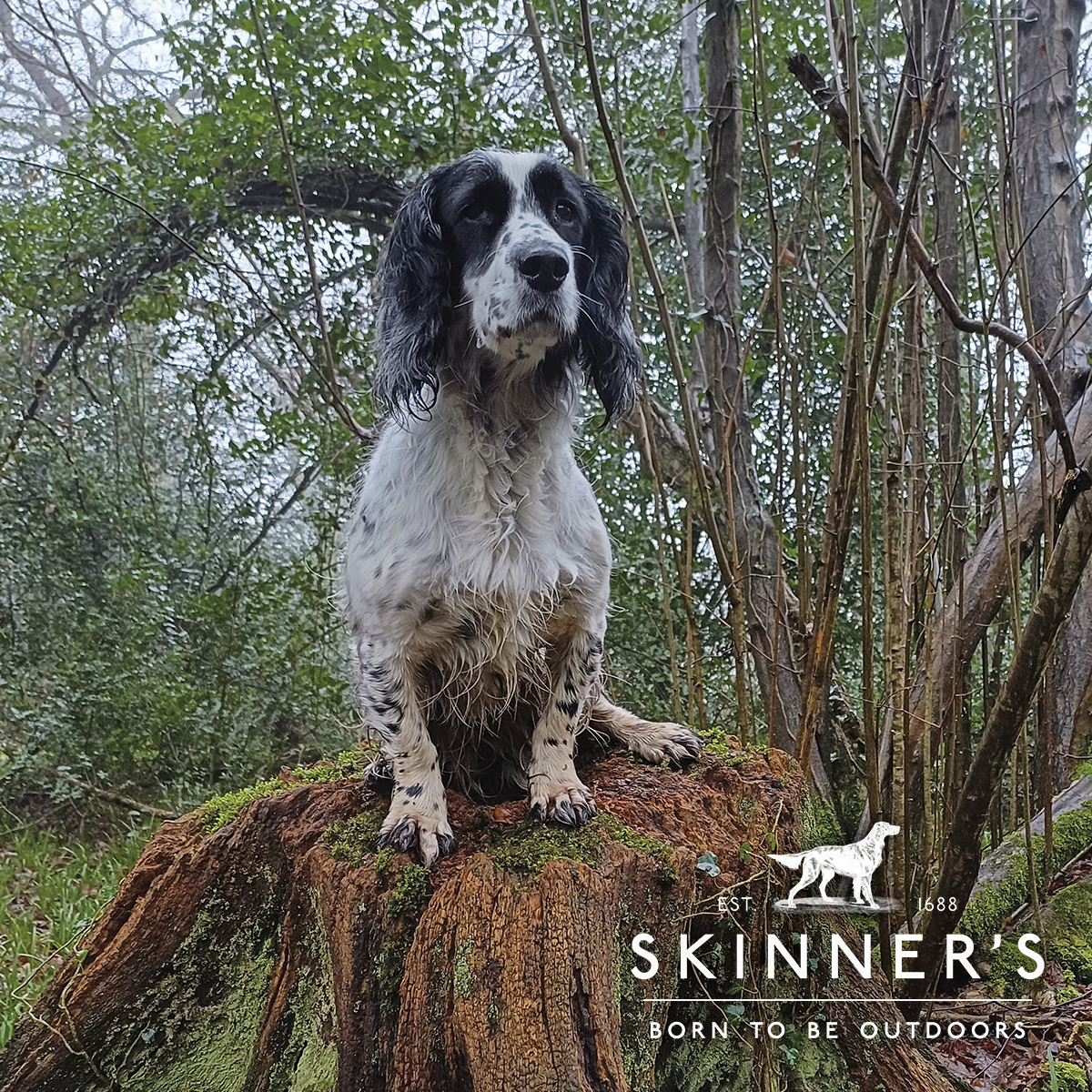Should shooting organisations merge?
Though the idea has always met with resistance, the merging of our organisations could have mutual benefits, suggests Alasdair Mitchell
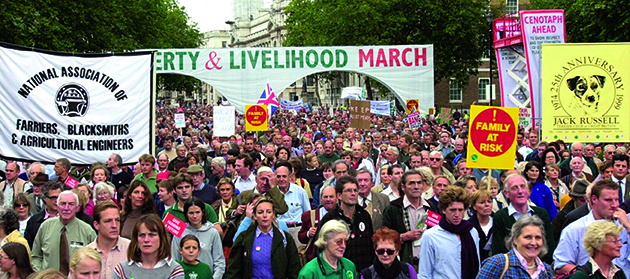
Different groups marched together to protest against the hunting ban
We are always complaining about shooting organisations. Shooters bemoan a lack of effective representation, saying our various bodies seem to settle for managing the decline of our sport. Over a pint, many agree the cause of shooting would be better served if all the existing organisations were merged into a single, bigger, united body.
Many have mooted this possibility over the years, but it has never come to anything. The failed attempt to merge the old British Field Sports Society and BASC in 1995 left a bitter aftertaste. However, the question has been given new impetus by escalating regulatory threats and the COVID-19 crisis. Don’t we deserve more than an alphabet soup of rival organisations?
Full disclosure: I am an elected member of BASC’s governing council. I am also a long-standing member of the GWCT, the National Gamekeepers’ Organisation (NGO) and the British Deer Society (BDS). I am not a member of the Countryside Alliance (CA), but I support it in many ways. I am not writing to anybody’s brief except the Editor’s — and I am doing so from a personal perspective. I don’t claim to have definitive solutions; I am merely exploring the issues.
A commonly stated motive for amalgamation is that a wealthier and more powerful organisation would result. More resources could be devoted to fighting the real enemy, instead of being wasted on internecine squabbling and duplication.
This looks unassailable, yet merely combining organisations into one would not necessarily result in the sum being equal to all the parts. Currently, BASC has perhaps 25% of certificate holders on its books. That sounds paltry, until you realise that the American NRA has perhaps 7% of its own potential market, albeit in very different circumstances. It’s not clear what proportion of UK certificate holders are members of an organisation, but my rough guess is that it is in the region of 40% to 50%.
Though some European countries have a single hunting federation with local branches, a UK-style hotchpotch of organisations is not unusual. In the US, there are more than a dozen national outfits other than the NRA, including Ducks Unlimited and the Sportsmen’s Alliance.
You can pick from at least eight UK shooting organisations. I am not counting the GWCT, which isn’t, strictly speaking, a shooting organisation but a research-based charity, as is the BDS. Yet even if one or more of the smaller shooting organisations were to be subsumed into BASC, its existing members would not necessarily go along meekly. If, for example, you had joined the NGO in preference to BASC, you might be less than gruntled to find your choice being overridden.
Merger reluctance
And this goes both ways. Why would BASC risk diluting its financial and membership retention performance by swallowing organisations with less impressive figures?
Let’s be clear — we would not be talking about a merger of equals. Comparative figures are largely guesswork because many bodies are opaque about membership totals, but there is no doubt that BASC is by far the largest and wealthiest shooting organisation. With a published total of 150,000 members, it probably has more shooters than all the other organisations put together. It offers a wide range of membership services as well as campaigning, delivered by about 135 staff . The CA, by contrast, is structured as a campaign group, one with a much wider remit than shooting. It has about 38 employees.
Size isn’t everything, and what matters is what you do with your membership. We shooters will always be a minority, with scant public sympathy for our cause, but the ability to mobilise is what counts with politicians and offcials.
Sadly, the battle for hunting with hounds was lost in Parliament. And with it went the most obvious reason for the CA’s existence. Nonetheless, some see it as a more agile and outspoken alternative to BASC, keeping the latter on its toes. The CA also has some impressive contacts, such as the recent recruitment of Charles Moore to its board.
Where a merger might make sense is in giving shooting a united voice. Shooters hate to see rival organisations sniping at each other, or trumpeting their little victories like mastodons bellowing across primeval swamps. Surely a single, harmonious voice would be better?
New liaison
As it happens, the organisations have been working together much more closely recently, not least through the Shooting Liaison Committee. This new consensus has pleased many members, but alienated a few. When almost all organisations agreed a co-ordinated transition away from lead shot, dedicated leadists found themselves left out in the cold.
Should our organisations go further? The Danish hunting bodies did this a few years ago, when three merged into one. Today, that single body is said to represent about 55% of the Danish shooting community.
Some keyboard warriors claim that the real blockage to a Danish- style consolidation in the UK is the egos of senior people within our organisations. While I don’t entirely discount human factors, we do seem to have moved beyond some of the former personality issues.
Some have proposed that the shooting organisations should be amalgamated and given roles that play to their respective strengths. To my mind, this smacks of parcelling out jobs for the boys and girls. Besides, there is considerable blurring of boundaries and disagreement about exactly what each organisation is best at delivering. The Scottish, Welsh and Northern Irish dimensions add further complications, which I don’t have space to address here.
While most see the logic of a united voice, does this necessarily have to emanate from a single source? Some say there is extra value in having a variety of bodies lobbying their own contacts and deploying their own specialist knowledge — just as long as they are co-ordinating closely with each other. They need to be playing as part of an orchestra. And a multiplicity of organisations means you can also tap into a wider gene pool of experienced staff, trustees and non-executive directors.
A concept that might have some merit is what I term the regimental system or, in civilian guise, a federation. You could join the unit of your choice, with its unique character and focus, whether that be geographical or sectoral.
Certain services — insurance, rearms licensing advice, legal help — could be provided centrally, to the overall benefit of all. And though there could be a degree of autonomy, each unit would march in step towards a common goal. Such a structure might also be used to channel funds more efficiently towards external bodies such as the GWCT, the BDS and the British Game Alliance, enabling them to focus on their own specialisms.
This might be a pipe dream, but we need to do something to motivate the 50% to 60% of certificate holders who currently don’t join any organisation at all.

